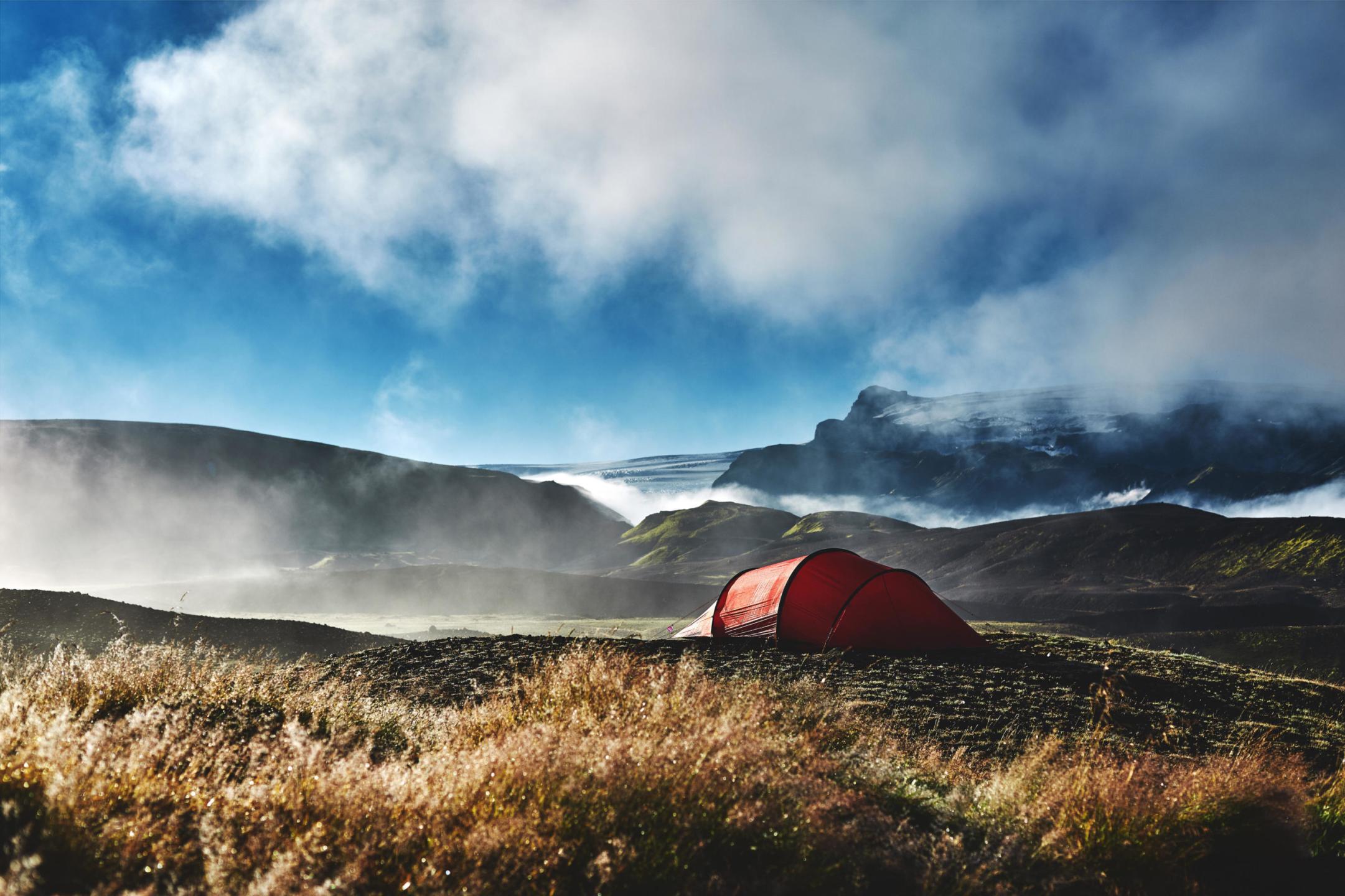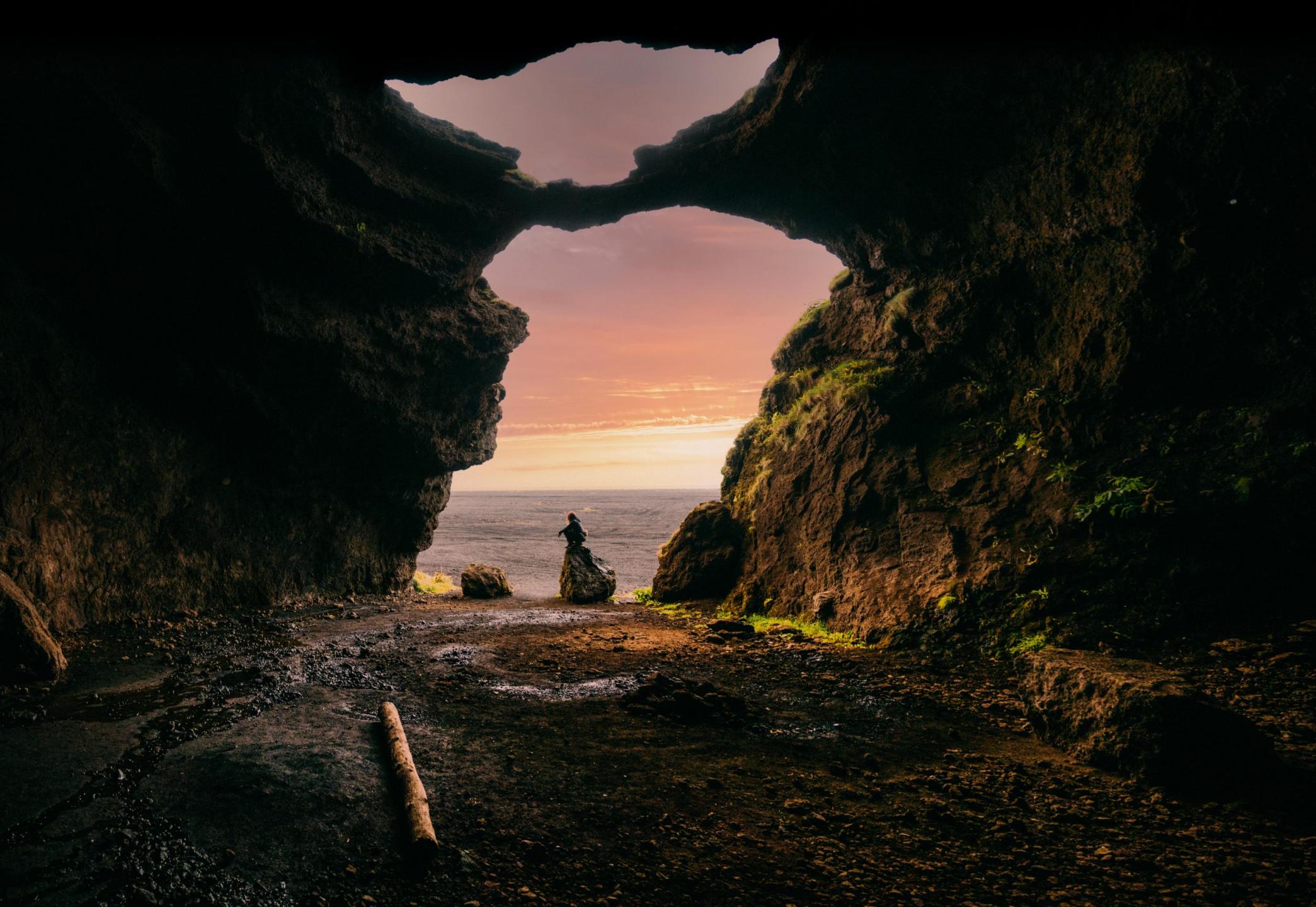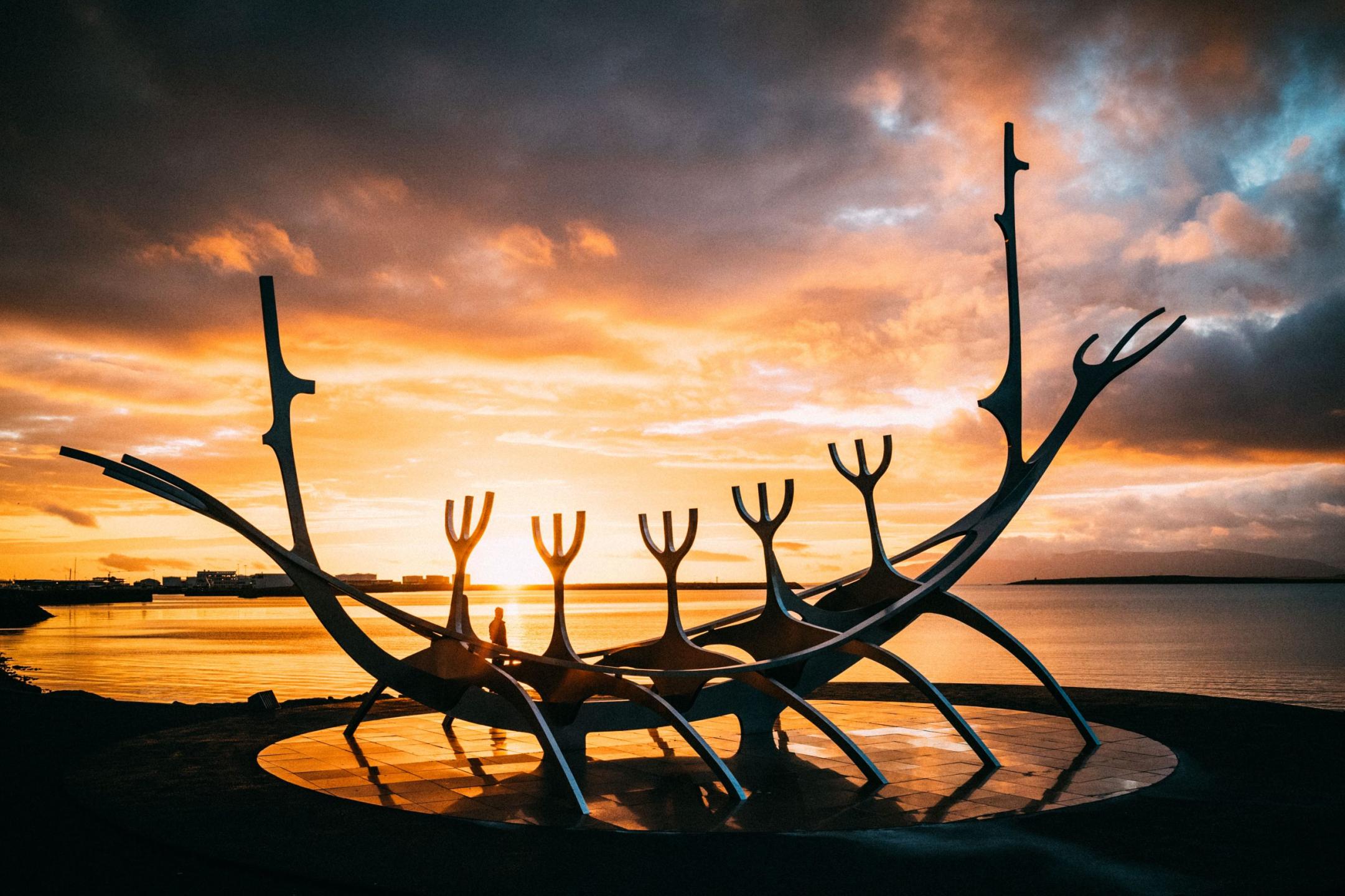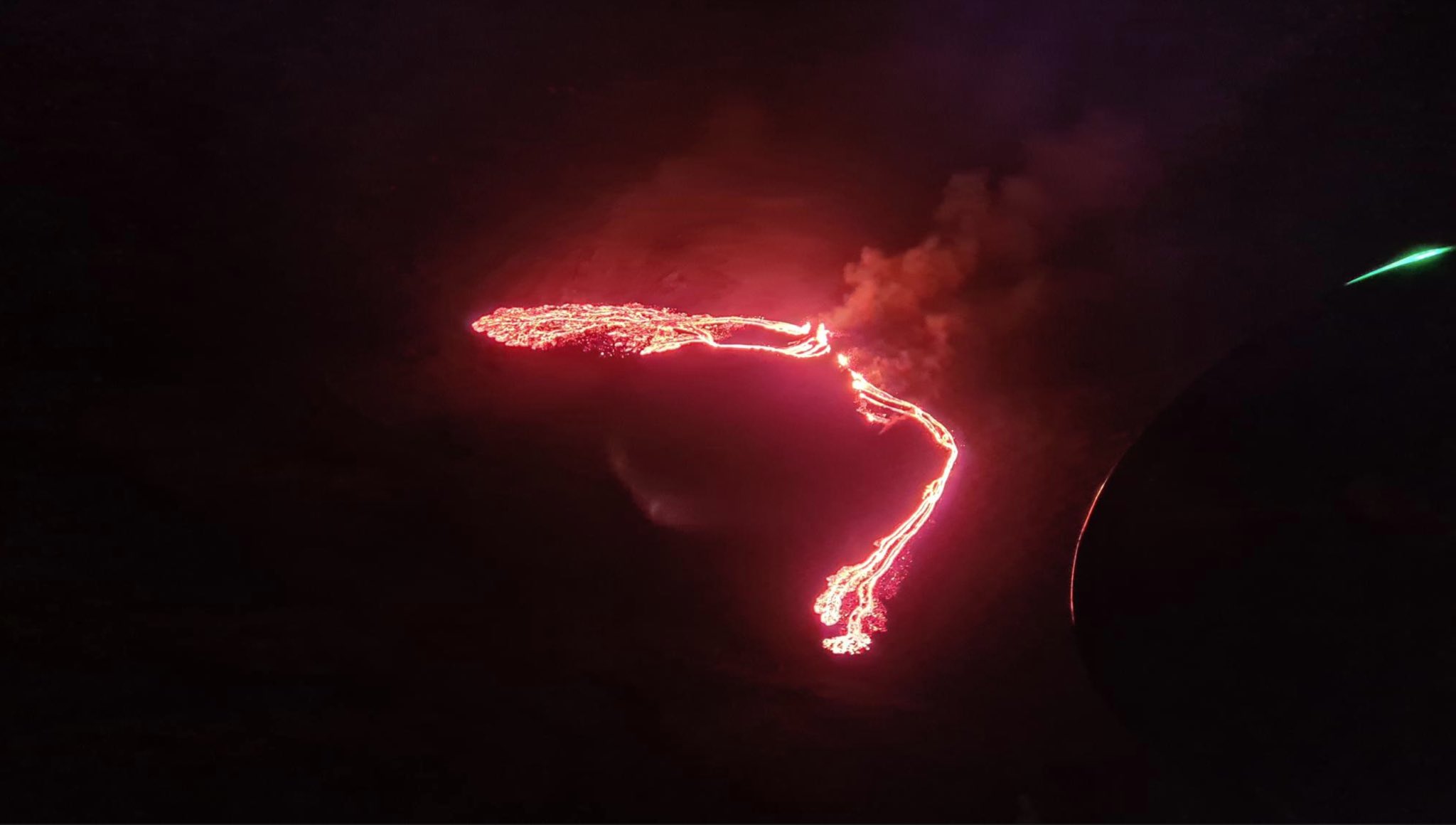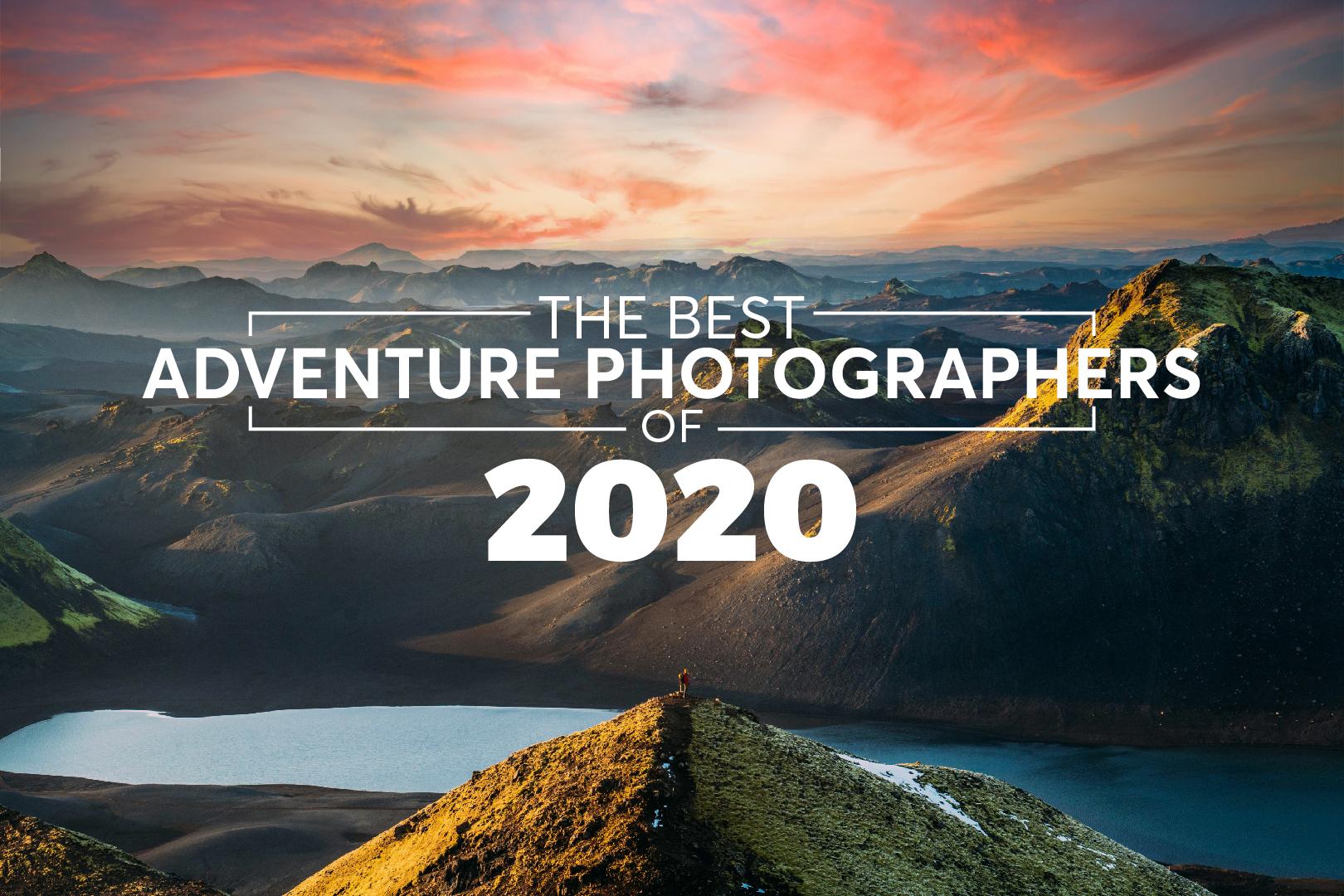Our post today is aimed at solving one of the biggest doubts that we usually answer, is there free camping in Iceland? Can I camp where I want? While in most Nordic countries there is a law (Allemannsretten in Norway, for example) that allows traversing and camping on uncultivated / private land, in Iceland this is somewhat different.
Wild camping in Iceland? Is it possible?
Most of the travelers who arrive in Iceland come to discover this pure and wild place, but this country has a high economic level when we compare the prices of accommodation with those of other countries on the continent. So many people choose to look for a cheaper option and value traveling by camper or sleeping in campsites.
However, as much as Iceland is a Nordic country, wild camping is not allowed.
Icelandic nature preservation law dictates where the traveler is allowed to camp in Iceland if they are away from registered campsites. In residential areas, it is allowed to pitch up to three tents on uncultivated land for one night only if there is no campsite in the area.
In November 2015, new conservation legislation came into effect. For example, it is now illegal to spend the night in tents, caravans, caravans, motorhomes or the like outside organized campsites or urban areas, unless the land owner or right holder has given their permission.
As specified by the Icelandic Environment Agency:
Where may I camp?
- Along public routes in inhabited areas, a tent can be pitched overnight on uncultivated land, as long as there is no campsite in the immediate vicinity and the owner of the land has no restricted or prohibited access, passage or stay within the area through signs on doors and trekking routes.
- Along public roads in uninhabited areas, a tent can be pitched on privately owned land or national lands.
- Away from public routes, a tent can be pitched, either on private or national lands, unless otherwise stated in special laws that may be applicable to the area of land in question.
* ATTENTION: Check the following sections to see if you can camp where you have in mind. Important to take into account if the place you are considering is a National Park or Natural Reserve.
When should I get explicit permit from the owner of the land?
- If you plan to camp near places where people live or there are farms.
- If you plan to camp more than one night.
- If you plan to set up more than three stores.
- If the land is a growing area.
- If you plan to use caravans, motorhomes or similar in places where there are no campsites or are not urban areas.
Are there areas where I can’t camp / spend the night?
- Landowners or rights holders can restrict or prohibit camping if there is a substantial risk of damage to the environment.
- If the owner or right holder has prepared a special camping area on their land, they can direct travelers to it and charge a service fee. Similarly, if there is a campsite nearby, the owner or right owner can direct travelers to it.
- There are restrictions on camping in the following protected areas:
- Dimmuborgir: Camping and overnight stay prohibited
- Dynjandi: Camping and overnight stay prohibited. Hikers and cyclists are allowed to camp 1 night.
- Dyrhólaey: Camping and overnight allowed only with permission from the Icelandic Environment Agency.
- Fjallabak: You can camp in the areas marked for camping. Hikers can camp in areas with trekking trails. Anywhere else you can only stay overnight with the permission of the Icelandic Environment Agency.
- Hornstrandir: Camping and overnight stay prohibited outside the marked places.
- Skógafoss: Camping and overnight stay prohibited outside the marked places.
- P.N. from Snæfellsjökull: Hikers and cyclists must receive explicit permission from the rangers.
- P.N. from Vatnajökull: In the park, use the enabled campsite. Away from it, you can pitch a tent only for one night. Groups of more than 10 tents must receive explicit permission from the rangers.
- Check all the areas here

